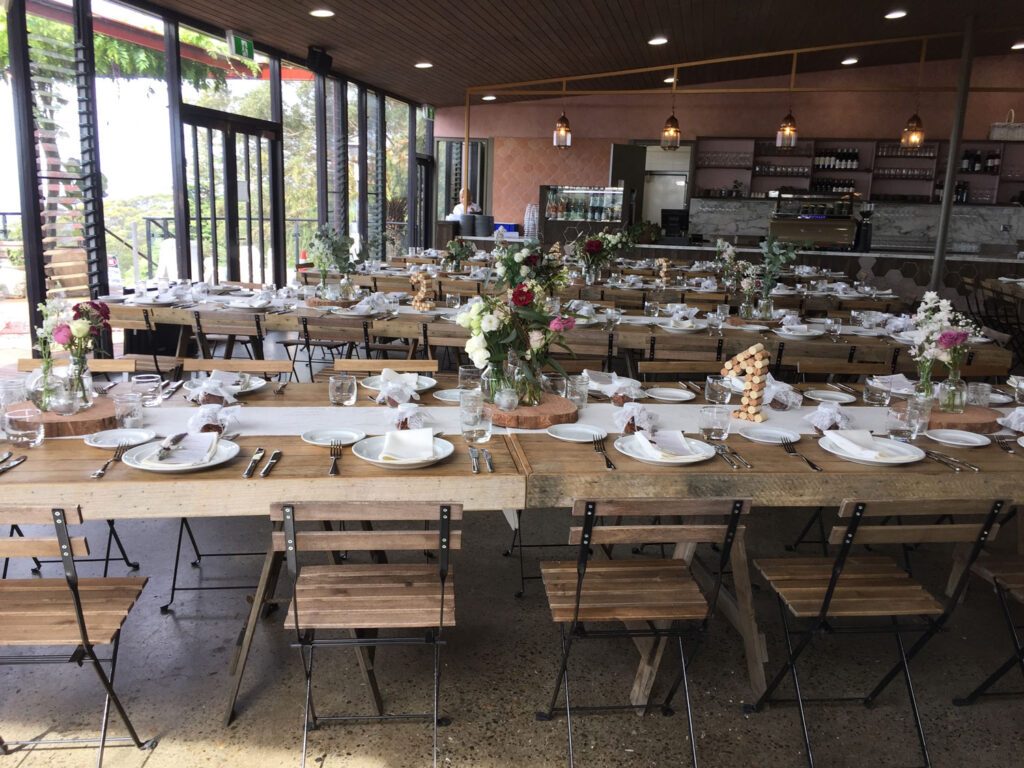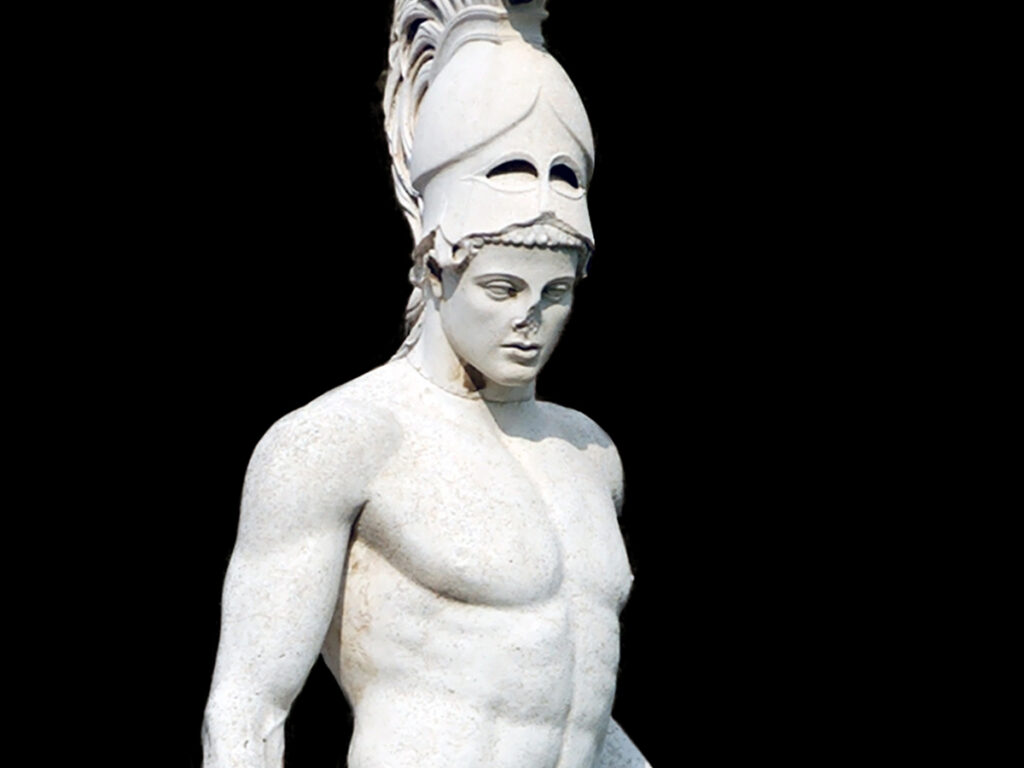What's in a Word: Meaning and Significance of Marriage
Marriage. With a capital ‘M’, the word has become so charged. It is locked in as the legal definition of union between a two people. With a small ‘m’ , the word is bandied around much more liberally : it has come to mean a blending, a natural joining, a dovetailing – minds can ‘marry’, ideas can ‘marry’, hearts can still ‘marry’ – such ‘marriage’ just happens. People are committed the world over in small 'm' marriages.
While the word ‘marriage’ is derived from the Latin ‘maritus’ = husband, all the words that surround it have commitment in their roots.
‘Wedding’ is associated with the German word ‘wetten’, to bet, or wager … so in wedding our partner we are calling on odds that marriage will help us along in our relationship.
To call this relationship ‘union’ also implies the notion of ‘burden’, the word coming as it does from the Latin ‘jugum’, which means ‘yoke’. In marriage, we bear each other’s burden, we share the load.
The word ‘spouse’ comes from the Latin ‘spondere’, to promise, from which our verb, ‘sponser’ also comes. So spouses sponser, or guarantee, a safe passage through the ups and downs of life.
‘Husband’ comes from Old Norse :’ hus’ = house and ‘bondi’ = farm labourer.
‘Animal husbandry’ is now acceptable and the role of men in marriage is clear.
And ‘wife’ is derived from the German, where originally it meant a woman or female, not necessarily married. In Old English it came to mean female spouse, and in Middle English ‘mistress of a household’, which has survived as ‘housewife.
Words are not just words – their etymology explains many social attitudes and usage changes along with these.
Perhaps we need some completely new words!


